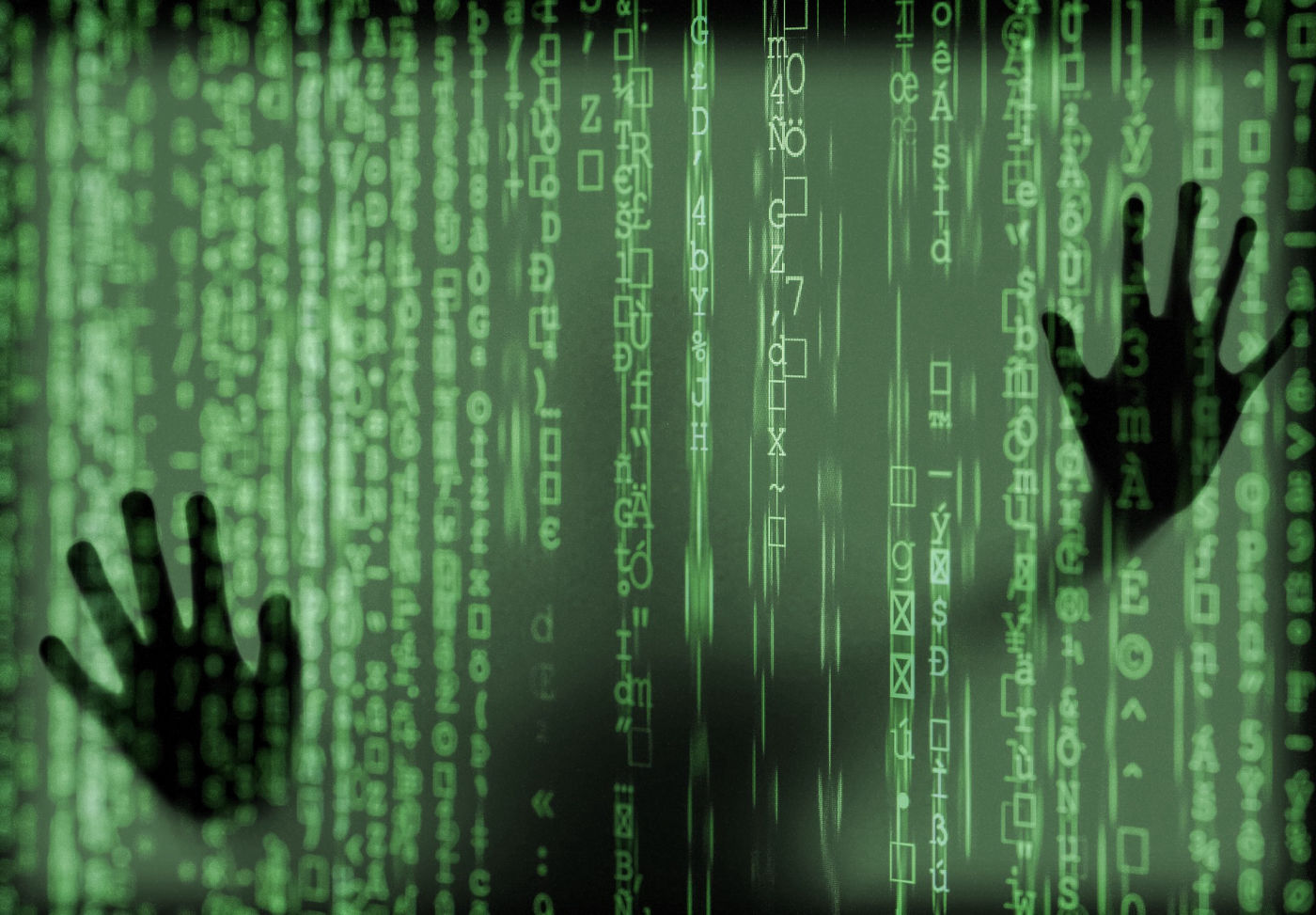

In today's digital age, the term "hacker" has become synonymous with cybercrime, and it is essential to understand who hackers are, what they do, and how they operate. Hackers are individuals or groups who use their computer skills to gain unauthorized access to computer systems or networks. In this blog post, we will discuss the different types of hackers and the motives behind their actions.
Types of Hackers:
1. Black Hat Hackers: Black hat hackers are individuals who engage in hacking activities with malicious intent. They break into computer systems or networks to steal data, install malware, or cause damage to the system or network.
2. White Hat Hackers: White hat hackers are ethical hackers who use their skills to identify vulnerabilities in computer systems or networks. They work with organizations to improve their security and prevent cyber-attacks.
3. Grey Hat Hackers: Grey hat hackers are individuals who do not have malicious intent but engage in hacking activities without authorization. They may expose security flaws in a system or network but may also demand a ransom to fix it.
Motives behind Hacking:
1. Financial Gain: Hackers may engage in cybercrime to make money. They may steal financial information, credit card numbers, or sell stolen data on the dark web.
2. Revenge: Some hackers may engage in hacking as a form of revenge. They may hack into an organization or individual's computer system to cause damage or embarrassment.
3. Political Motives: Hackers may engage in cyber-attacks to promote their political agenda. They may hack into government websites or networks to steal sensitive information or cause disruption.
4. Curiosity: Some hackers may engage in hacking activities out of curiosity. They may want to test their skills or see if they can bypass security measures.
Protecting Yourself from Hackers:
1. Use Strong Passwords: Use strong passwords and two-factor authentication to prevent hackers from accessing your accounts.
2. Install Anti-Virus Software: Install anti-virus software on your computer to detect and remove malware.
3. Keep Software Updated: Keep your computer's software up to date with the latest security patches to prevent hackers from exploiting vulnerabilities.
4. Be Cautious Online: Be cautious when downloading or opening files from unknown sources. Do not click on suspicious links or download unknown software.
In conclusion, hackers come in different forms and have various motives for their actions. It is crucial to protect yourself from cyber-attacks by taking necessary precautions such as using strong passwords, installing anti-virus software, and being cautious online. Understanding the motives and methods of hackers can help individuals and organizations improve their cybersecurity and prevent cyber-attacks.